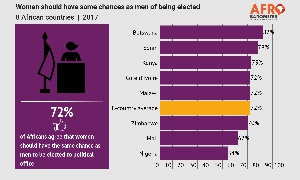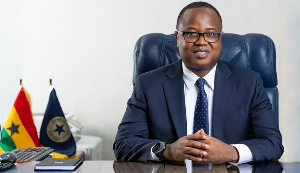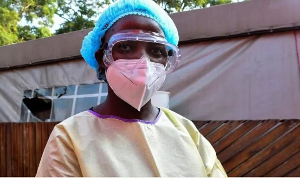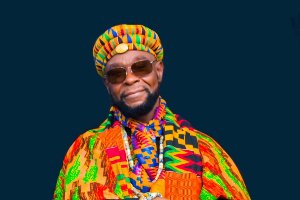Almost half of Nigerians say men make better leaders and should be elected rather than women, a recent Afrobarometer survey indicates. Only a slim majority say women should have the same chance as men of being elected. Support for the empowerment of women in political leadership is lowest in the North West zone, among uneducated Nigerians, and among men.
These findings speak to deep-seated concerns among Nigerian activists that women are largely marginalized in the country’s political processes. The 2015 general election, for instance, saw the election of only 21 female legislators to the Senate and House of Representatives, less than 5% of the total of 469.
Key findings
*A slim majority of Nigerians (55%) “agree” or “strongly agree” that women should have the same chance as men of being elected to political office. Almost half (45%) of Nigerians say men should be elected rather than women (Figure 1).
*While more than two-thirds of women (68%) favour a fair chance for female candidates, only about four in 10 men (41%) agree (Figure 2).
*Support for women leaders rises – but not dramatically – with respondents’ education level, ranging from 46% of those with no formal education to 58% of those with post-secondary qualifications (Figure 2).
*Support for women political leaders varies across Nigeria’s zones (Figure 3). It is low in the North West (36%) and North East (46%) and rises to about two-thirds in the southern zones, which is similar to the West Africa average.
*Among 36 African countries surveyed in 2014/2015, Nigeria ranked fifth-lowest in its support for equal opportunity for women candidates – ahead of only Algeria, Sudan, Egypt, and Niger (Figure 4).
Afrobarometer
Afrobarometer is a pan-African, non-partisan research network that conducts public attitude surveys on democracy, governance, economic conditions, and related issues across more than 35 countries in Africa. Six rounds of surveys were conducted between 1999 and 2015, and Round 7 surveys (2016/2018) are currently underway. Afrobarometer conducts face-to-face interviews in the language of the respondent’s choice with nationally representative samples.
The Afrobarometer national partners in Nigeria, CLEEN Foundation and Practical Sampling International, interviewed a nationally representative, random, stratified probability sample of 1,600 adult Nigerians between 26 April and 10 May 2017. A sample of this size yields country-level results with a margin of error of +/-2% at a 95% confidence level. Previous surveys have been conducted in Nigeria in 1999, 2002, 2005, 2007, 2008, 2012, and 2014.
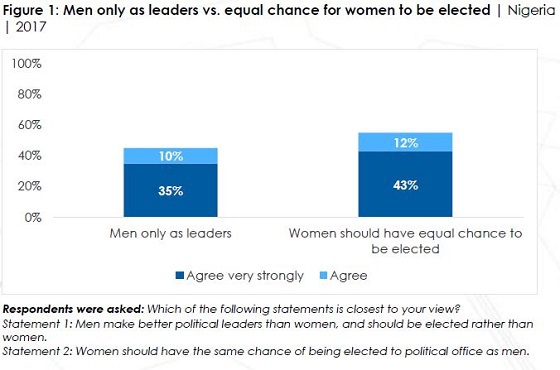
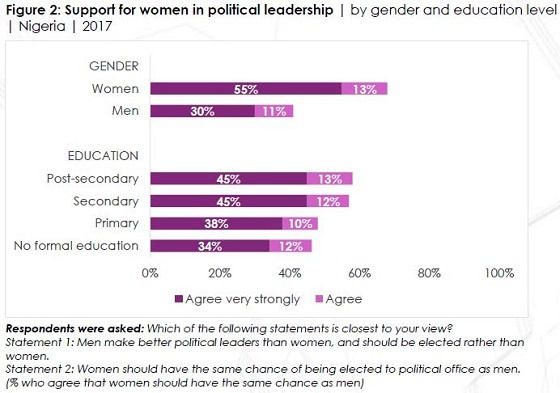
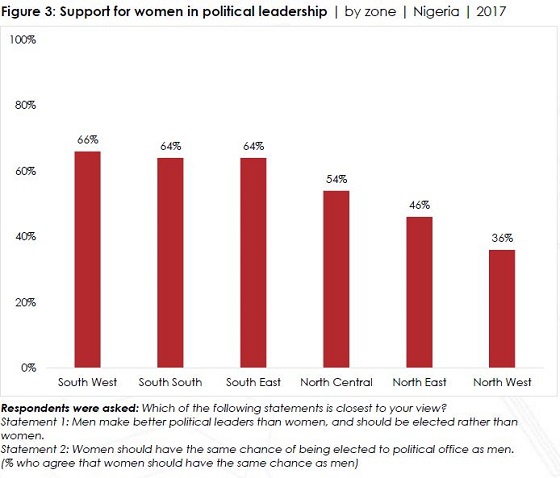

General News of Friday, 9 March 2018
Source: Afrobarometer 2018





